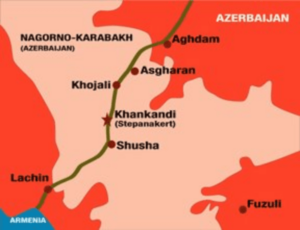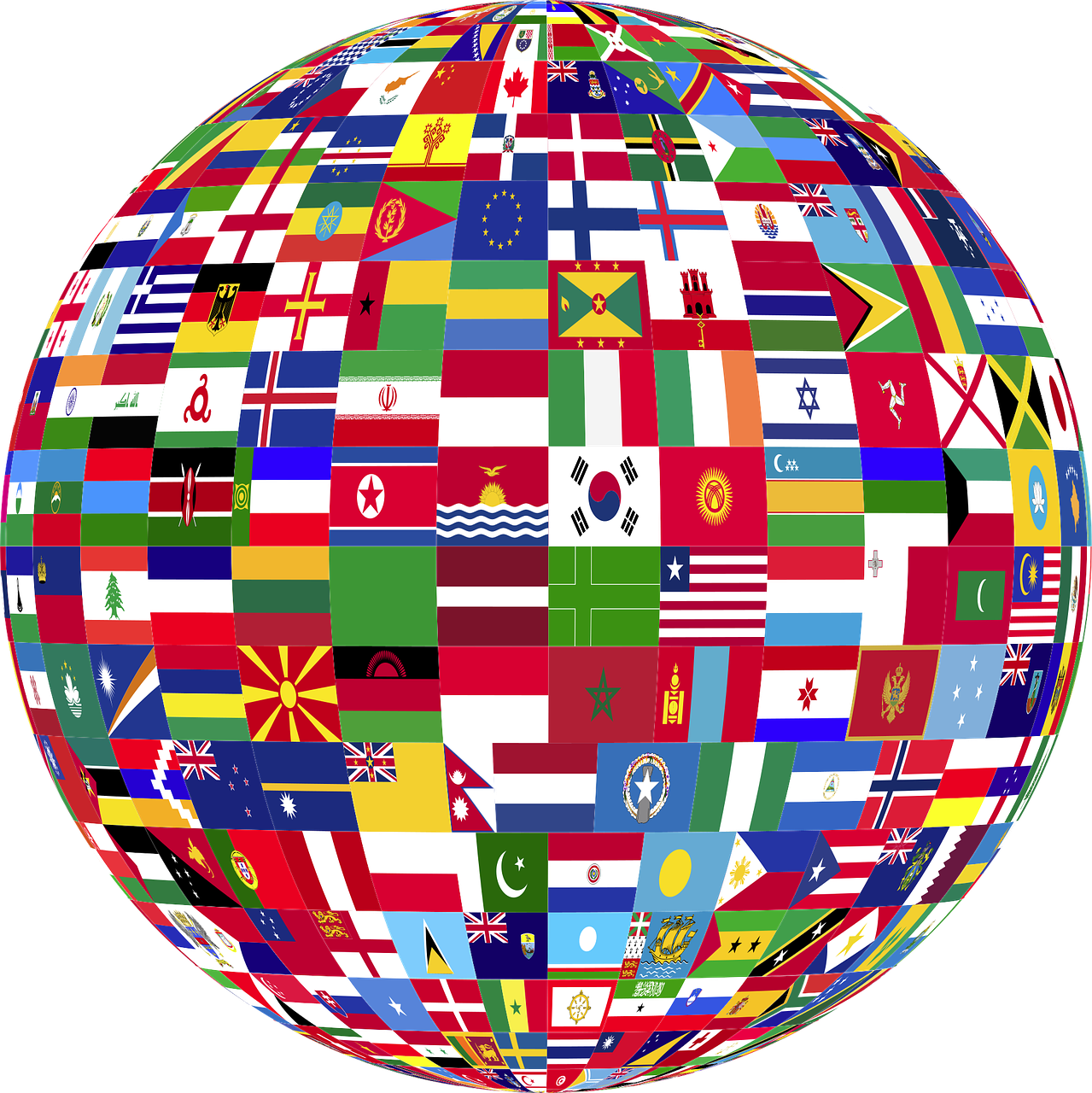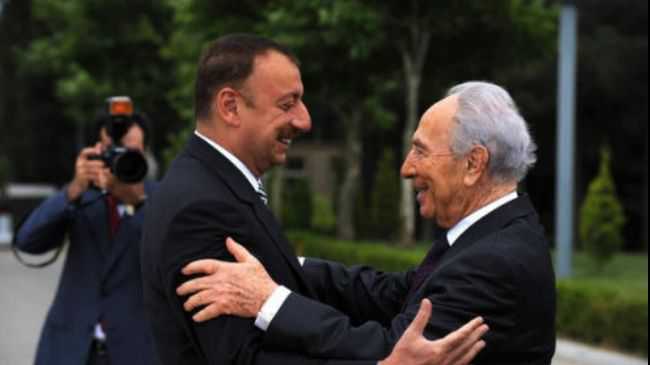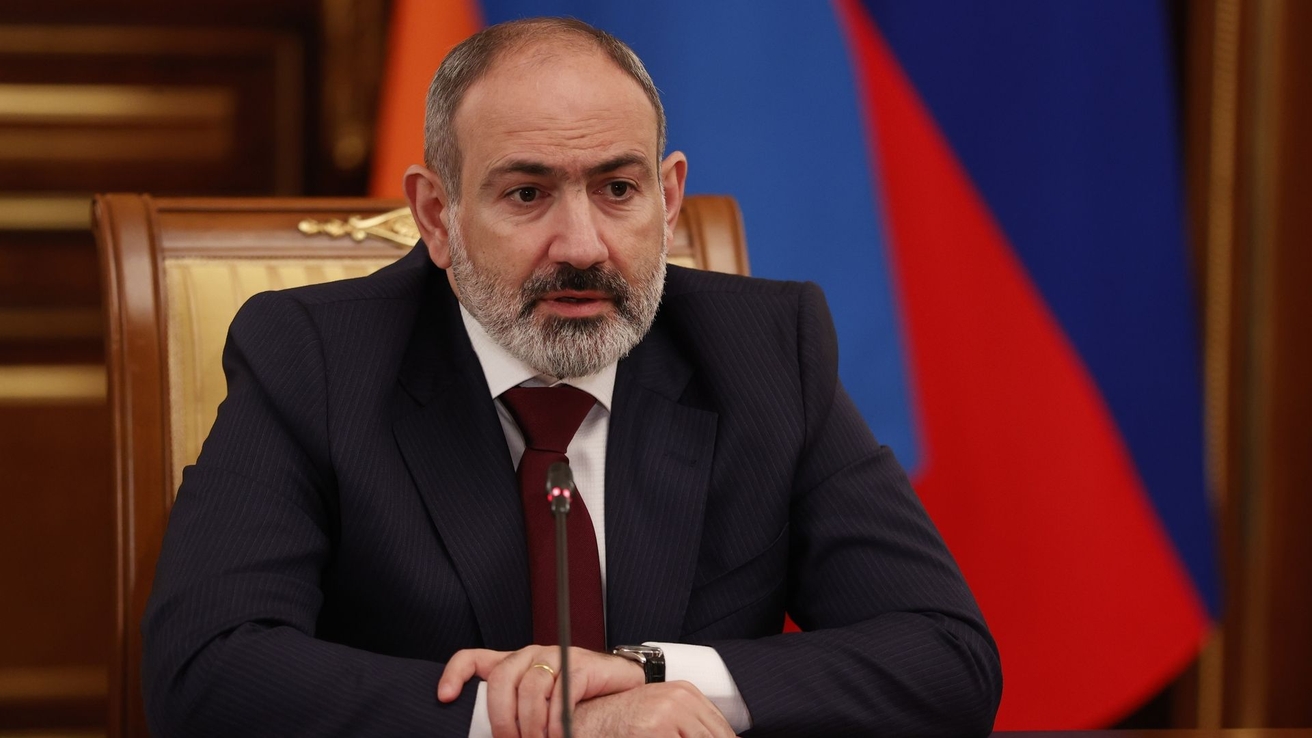
The Rabbinical Center of Europe sent a letter on Sept. 6 signed by 50 conservative Rabbis to Prime Minister Nikol Pashinyan and President Vahagn Khachaturyan, telling them that Armenian officials have no right to use the term ‘genocide’ to describe Azerbaijan’s blockade of the Lachin Corridor since December 2022, causing the starvation of 120,000 Artsakh Armenians.
The Rabbis wrongly claimed that the term genocide should only be used to describe the Jewish Holocaust. These Rabbis’ ignorance is only exceeded by their arrogance. Not only do they not know the true meaning of the term ‘genocide,’ they are also harming their own cause by claiming that since the Holocaust is ‘unique,’ no other human tragedy is comparable to it, thus precluding anyone else from being sympathetic to Holocaust victims. It is in the Jewish interest to describe the Holocaust as a universal calamity with which other people can identify. Even though all genocides have similarities, there are obvious differences in timing, scale and location. However, the similarities between genocides far exceed their differences. No one should have a monopoly on claims of human suffering.
These Rabbis do not seem to know that according to the UN Convention on the Prevention and Punishment of the Crime of Genocide, besides outright mass murder, genocide also includes “deliberately inflicting on the group conditions of life calculated to bring about its physical destruction in whole or in part.” This is exactly what Azerbaijan is doing — causing the starvation of 120,000 Artsakh Armenians by depriving them of food, medicines and other basic necessities.
The denialist Rabbis claimed that the terms ‘ghetto,’ ‘genocide,’ and ‘holocaust’ are “inappropriate to be part of the jargon used in any kind of political disagreement.” The starvation of Artsakh Armenians cannot be described as a ‘political disagreement,’ but genocide, according to the UN and Luis Moreno Ocampo, former Prosecutor of the International Criminal Court.
Continuing the series of errors and misjudgments the Rabbis made in their pro-Azerbaijan propaganda letter, they demanded that Armenia’s leaders “explicitly and unequivocally clarify that the Armenian people recognizes and honors the terrible human suffering undergone by the Jewish people” and stop “minimizing and belittling the extent of the Jewish people’s suffering to further any political interest through incessantly using phrases associated with the holocaust suffered by the Jewish people.”
Rather than lecturing Armenia’s leaders about the Holocaust, the Rabbis should have addressed their letter to Prime Minister Benjamin Netanyahu who has denied the Armenian Genocide and has pressured the Knesset to reject a resolution recognizing it. Israel should have been the first country to recognize the Armenian Genocide, not the last.
Furthermore, these Rabbis should have had the moral courage to issue a letter condemning the government of Israel for providing lethal weapons with which Azerbaijan in 2020 killed thousands of Armenian soldiers.
Instead of supporting the genocide denialists in Ankara and Baku, these Rabbis should have known that some of the most prominent backers of the recognition of the Armenian Genocide are Jews: Dr. Israel Charny (Director of Institute of Holocaust and Genocide in Jerusalem), Prof. Yair Auron (historian, author of several books on the Armenian Genocide), Raphael Lemkin (who coined the term genocide), Amb. Henry Morgenthau, Elie Wiesel (Nobel Laureate and Holocaust survivor), Yossi Beilin (Israel’s Minister of Justice), and Yossi Sarid (Israel’s Minister of Education).
After Pres. Joe Biden recognized the Armenian Genocide on April 24, 2021, both the ADL (Anti-Defamation League) and the AJC (American Jewish Committee) supported Biden’s recognition. The United States Holocaust Memorial Museum in Washington, D.C., also issued a statement on April 27, 2021, welcoming Pres. Biden’s determination that genocide was committed against the Armenian people. Furthermore, the World Jewish Congress also acknowledged the Armenian Genocide.
In addition, 126 Holocaust scholars issued a joint statement on March 7, 2000, “affirming the incontestable fact of the Armenian Genocide.” Among them were professors Yehuda Bauer, Stephen Feinstein, Irving Horowitz, and Steven Katz.
These Rabbis did not condemn former Deputy Prime Minister of Azerbaijan and former Baku Mayor Hajibala Abutalybov, who stated during a 2005 meeting with a municipal delegation in Bavaria, Germany: “Our goal is the complete elimination of Armenians. You, Nazis, already eliminated the Jews in the 1930s and 40s, right? You should be able to understand us.” This was reported in the ‘Realny Azerbaijan’ publication on February 17, 2006.
Since these Rabbis feel that they are entitled to the exclusive use of the term genocide, have they ever sent a single letter of complaint to their dear brother Aliyev for his repeated references to the fake ‘Khojalu Genocide?’ Isn’t this a shameful example of double-standard?
The Rabbis should have remembered Hitler’s infamous words uttered on August 22, 1939: “Who, after all, speaks today of the annihilation of the Armenians?” Noticing that the world ignored the Armenian Genocide, Hitler was emboldened to commit the Holocaust.
Yaron Weiss of Jerusalem, a grandson of Holocaust survivors, wrote: “I condemn the cynical self-appropriation of the memory of the Holocaust victims by that group of Rabbis.” Yaron also reminded the Rabbis that “Azerbaijan refuses to condemn and apologize for the acts of mass murder committed during the Holocaust by the soldiers of the Azeri Legion.”
These Rabbis themselves have belittled the Holocaust by writing it with a lower-case h, instead of capital H.
I urge these Rabbis to apologize for their revisionist and insulting letter, a smear-campaign instigated by Azerbaijan, as a result of which, they have lost their sense of decency and morality. Should their letter embolden Azerbaijan to commit more atrocities against Armenia and Artsakh, these Rabbis will be considered partners in the Azeri crimes.






